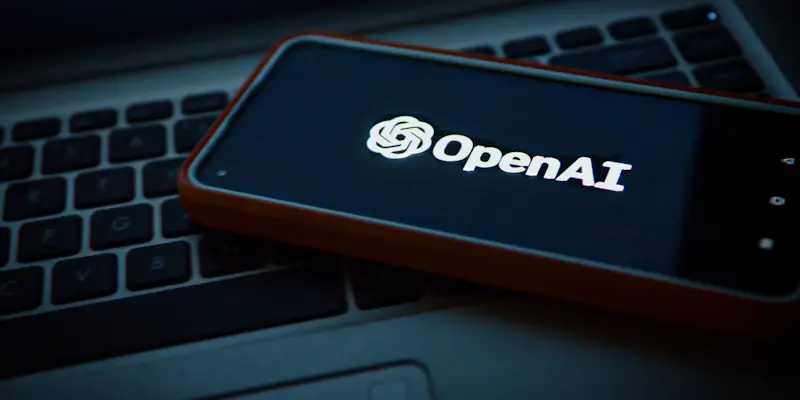OpenAI, renowned primarily for its pioneering AI software models, is embarking on a remarkable new venture by expanding into the hardware side of robotics. The company recently announced various new roles aimed at bolstering its commitment to this field, signaling a significant investment in robotics. These positions span a wide range of expertise, including a systems integration electrical engineer, mechanical robotics product engineer, and TPM manager. The focus is predominantly on developing advanced sensor suites, gears, actuators, and motors. This move aims to blend seamless integration of sophisticated AI capabilities with the physical constraints inherent in hardware, ultimately unlocking general-purpose robotics and AG-level intelligence in real-world settings.
This transformative step could position OpenAI as a formidable competitor to established names in the robotics sector. Historically, OpenAI has partnered with other companies in the field, including Figure, and even collaborated with investor Microsoft. By building its own dedicated robotics division, OpenAI appears to be pushing the envelope in this ever-evolving industry. Their commitment is underscored by targeted hiring to advance the integration of AI with physical hardware. These efforts reflect broader industry trends where the convergence of software and hardware is deemed essential to achieve more adept and dynamically intelligent robotic systems.
A New Challenge for Top Competitors
OpenAI, known for its groundbreaking AI software models, is entering a new phase by diving into hardware for robotics. They recently unveiled job openings to support this commitment, marking a major robotics investment. These roles include a systems integration electrical engineer, mechanical robotics product engineer, and a TPM manager, focusing on advanced sensor suites, gears, actuators, and motors. This initiative aims to seamlessly merge sophisticated AI with the physical limitations of hardware, aiming to achieve versatile robotics and AG-level intelligence in real-world applications.
This strategic move could establish OpenAI as a strong contender in the robotics market. Historically, OpenAI has partnered with other companies in the sector, like Figure, and worked with investor Microsoft. By developing its own dedicated robotics team, OpenAI seems to be pushing the boundaries in this dynamic field. The company’s commitment is evident through its targeted hiring to enhance AI and physical hardware integration. This effort mirrors broader industry trends that see the fusion of software and hardware as crucial for creating more capable and intelligent robotic systems.

